Diablo 4 is a game with a lot of stats. In fact, I’d even go so far as to say that this game is all about stats beneath all the swords, sorcery, blood, guts, and petals. So it’s useful, but also difficult, to understand what they all mean.
The stats tab on your character screen divides stats into six categories: Currency, Core Stats, Offensive, Defensive, Utility, and PvP. But there are also item stats to be considered. There are in-game explanations for every individual stat, but for the purposes of this guide, I’m going to focus on the core stats, character stats, and item stats because those are the ones that apply to every character in every situation.
Diablo 4 core stats explained
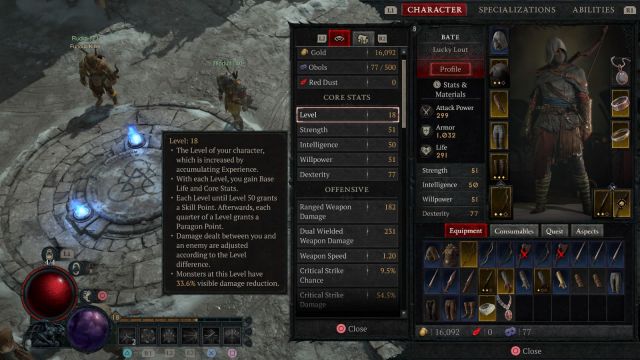
Level
Everything in Diablo 4 has a level, including your character, and your character’s level is a general indicator of how much you’ve progressed and how powerful you are. Each time you earn enough Experience to level up, you get increases to your other core stats and your Life, plus a skill point to spend. Beyond level 50, you get Paragon Points instead of Skill Points.
Strength
Strength increases Armor for all classes, Resource Generation for Rogues, and Skill Damage for Barbarians.
Intelligence
Intelligence increases all resistances for all classes, Critical Strike Chance for Rogues, and Skill Damage for Sorcerers.
Willpower
Willpower increases Healing Received and Overpower Damage for all classes, and for Barbarians and Sorcerers, it increases Resource Generation.
Dexterity
Dexterity increases Dodge Chance for all classes, Skill Damage for rogues, and Critical Strike Chance for Barbarians and Sorcerers.
Diablo 4 character stats explained
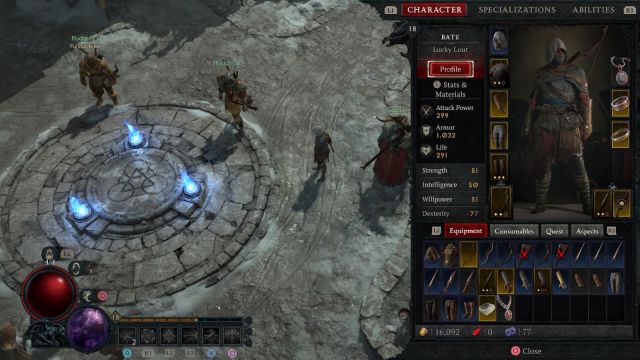
Attack Power
There are 21 different Offensive stats in Diablo 4 and Attack Power acts as a kind of summary of all of them. It’s not a stat with a specific meaning, but rather a value that indicates how much damage you do in general. If you’re having trouble deciding between two closely matched weapons, then swap between them and see how the change impacts your Attack Power. Although remember that some weapons have benefits that don’t necessarily impact Attack Power.
Armor
This is the total Armor value of your five equipped armor items plus the bonus you get from your Strength stat. The higher it is, the more resistant you are to physical damage.
Life
This is your health or HP. If you take more damage than you have Life, then you die. It’s indicated by the number on your character tab and by the red circle in the bottom-left corner of the screen.
Diablo 4 item stats explained
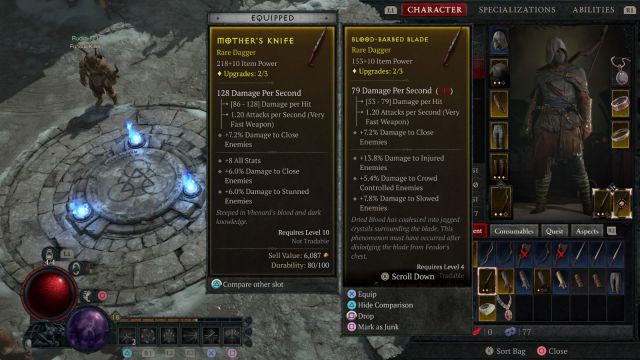
Item Power
Item Power is a general indicator of how powerful an item is, calculated based on its basic stats and on the effects of its affixes (its buffs, basically). And if you really want to dig deep into Item Power, there is quite a little more to it.
Sell Value
This is the amount of gold you’ll get if you sell the item to a trader. Like Item Power, it also gives you a good general indication of how good an item is.
Durability
Unlike in many games, items in Diablo 4 don’t use Durability through general use. Instead, every time you die, your equipped items lose 10 Durability. This isn’t an issue unless and until they reach zero Durability, at which point they break and can no longer be used. Fortunately, any blacksmith can repair any item and restore its Durability to 100.
Armor
Every armor item has an Armor value, which contributes to your character’s overall Armor stat (see above). The higher an item’s Armor value, the better it protects you from physical damage.
Damage Per Second (DPS)
Damage Per Second is the amount of damage a weapon does per second if you’re attacking continuously with it (i.e. holding the basic attack button down). It’s calculated based on Damage per Hit and Attacks per Second.
It’s an important stat because you usually are attacking constantly in Diablo 4, and it’s handy that the game automatically tells you which weapons have the best balance of power and speed. But remember that you’ll also be using abilities a lot, and these have stats of their own, so sometimes a weapon’s affixes will be more impactful than its Damage per Second.



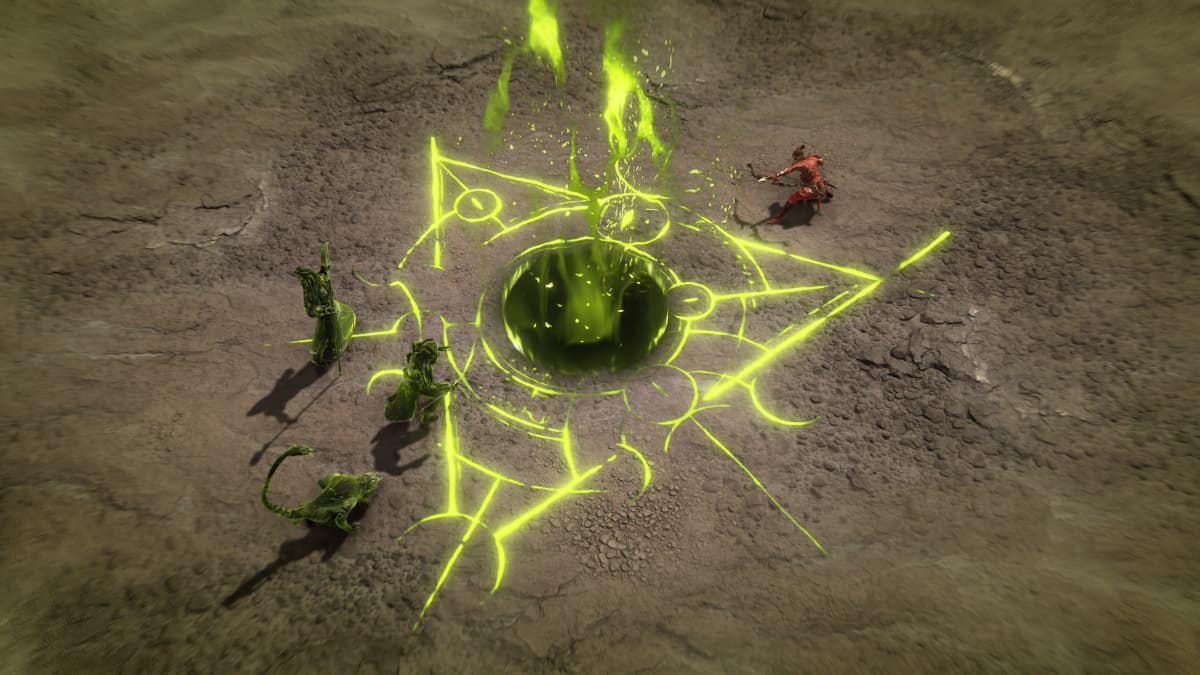


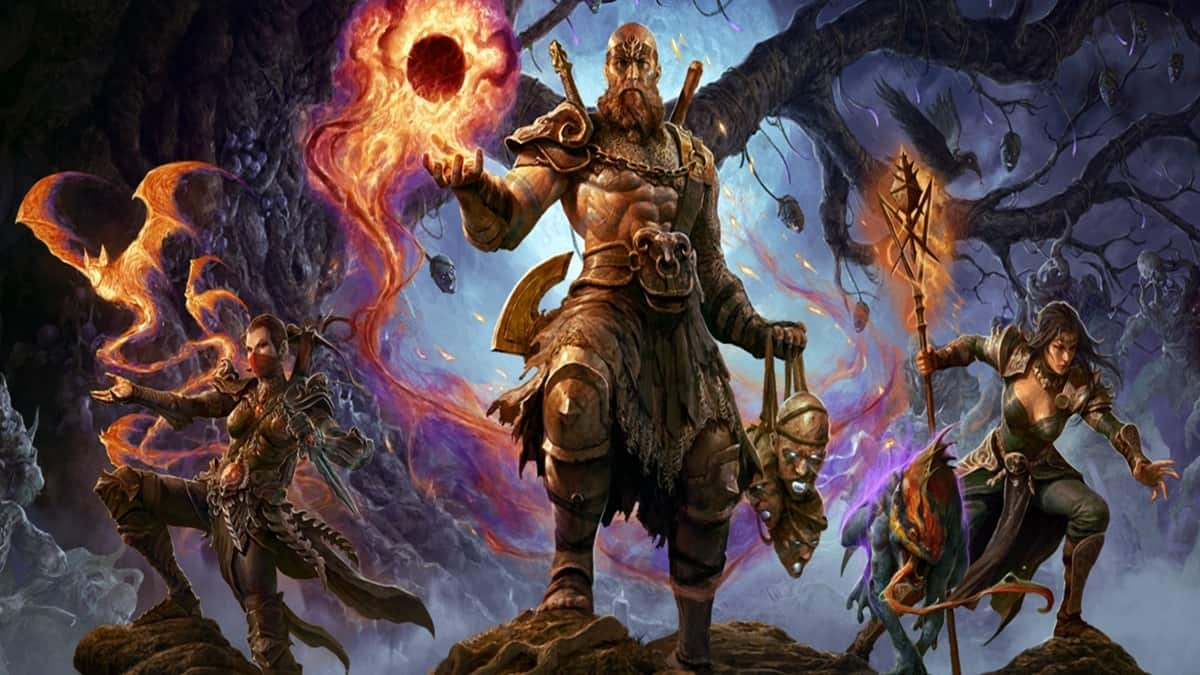

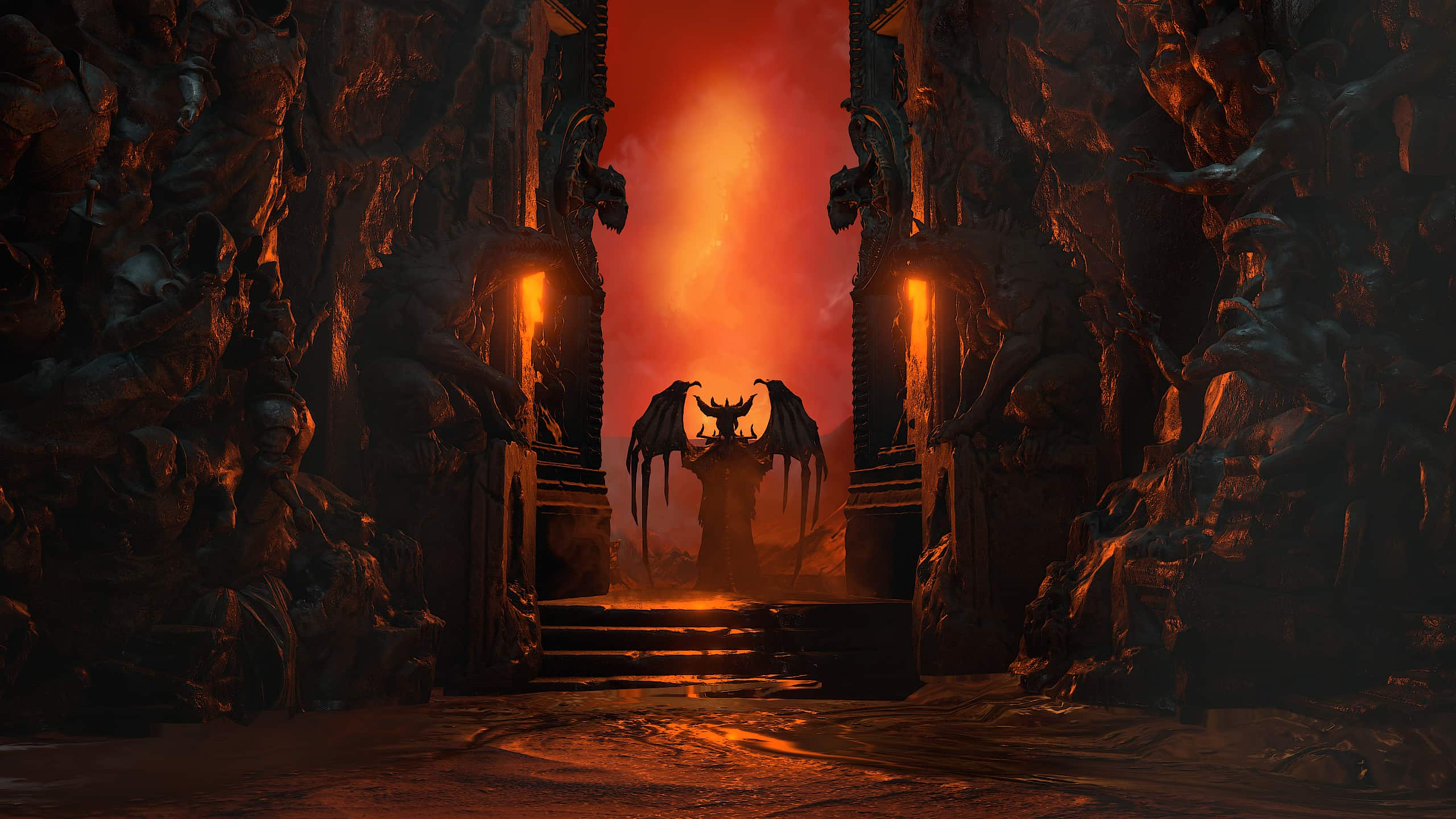




Published: Dec 5, 2024 05:20 am